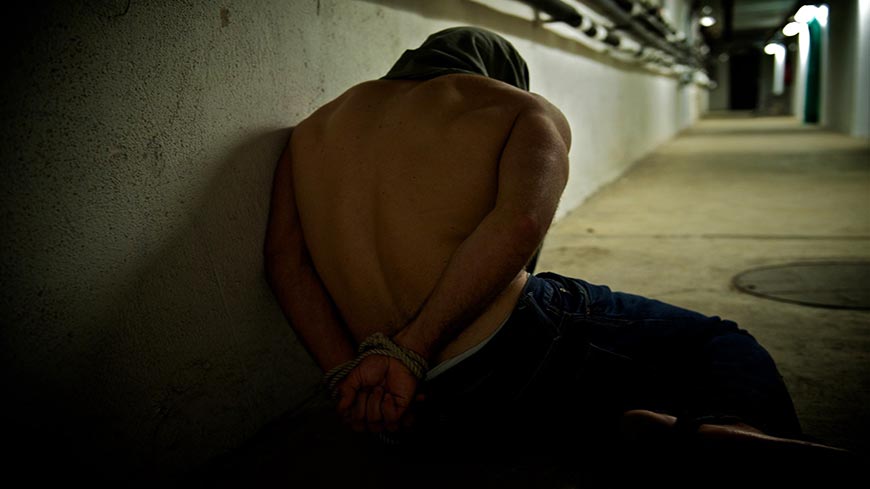Today on the International Day in Support of Victims of Torture, Commonwealth Secretary-General The Rt Hon Patricia Scotland QC calls on all Commonwealth countries to stand in solidarity with victims and survivors of torture and to act by ratifying and fully implementing the UN Convention against Torture.
“Our aspiration is for a torture-free world. Abolishing the scourge of torture once and for all requires renewed commitment from every country. In a year with much suffering, now more than ever we must stand up for human rights, there must be zero tolerance for torture and all countries must bring perpetrators to justice,” said Secretary-General Scotland.
The COVID-19 pandemic is exacerbating the suffering of vulnerable people and their risk of being exposed to torture and ill-treatment. It is also severely restricting engagement in civic space, the rights to organise and to protest. Across the world, civil society organisations are having to limit, and in some cases halt their activities because of public health-related restrictions and lockdowns.
This can tend to reduce the accountability of authorities, further aggravating the risk of torture, limiting access to justice, and hindering support for survivors and victims.
“We must act decisively and with moral clarity to prevent such acts from occurring. Civil society is our ally in this endeavour, and the space in which it operates must be preserved and protected.
Victims and survivors must be able to enjoy their rights to effective remedies, and they must be at the centre of efforts,” stressed Secretary-General Scotland.
The Commonwealth Secretariat does not only call on its Member States to ratify the UN Convention against Torture, but it provides practical guidance and expert support to do so. In the past 12 months alone, the Commonwealth Secretariat has delivered two regional anti-torture workshops for senior government officials, including participants from 16 countries across the Caribbean and the Pacific.
These three-day virtual workshops were co-hosted by the Commonwealth Secretariat Human Rights Unit, the Governments of Grenada and Fiji, and civil society organisations, ‘The Convention Against Torture Initiative’ and ‘The Redress and the Human Rights and Social Development Division of the Pacific Community’. Among key objectives for these workshops was to share regional good practices and success stories, as well as challenges, in the ratification or accession of the UN Convention against Torture and Other Cruel, Inhuman or Degrading Treatment or Punishment (UNCAT). The overarching goal is to strengthen Commonwealth countries’ anti-torture human rights culture and regional capacities.
In the Commonwealth Charter, human rights, including the prohibition of torture, and the vital role of civic society, are clearly set out among the core principles and values to which Commonwealth member coutries commit themselves, together with the shared pursuit of democracy, good governance, and peace.
The Commonwealth stands in solidarity with all victims and survivors of torture, whose vulnerabilities and demands for justice often go unacknowledged and without support.
“Over the past five years, more than half of the states that have joined the UN Convention against Torture are from the Commonwealth. This is commendable, but there is still much work left to do. I reaffirm our steadfast commitment to prevent and eradicate this most odious of practices,” said Secretary-General Scotland.


























